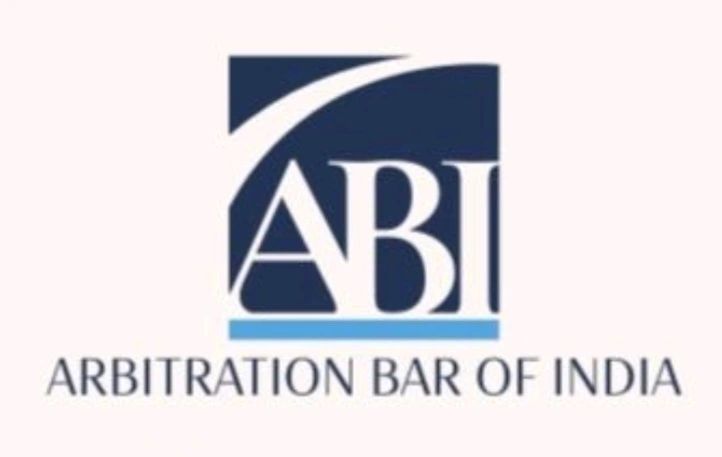Jahanvi Agarwal
The Arbitration Bar of India (ABI) and the Indian Arbitration Forum (AIF) recently addressed their concerns to the Ministry of Finance’s Procurement Policy Division about a new Memorandum that suggests limiting the use of arbitration in procurement contracts. This Memorandum advises against automatically including arbitration clauses in large contracts, recommending it only for disputes under Rs. 10 crores and suggesting careful consideration for higher-value disputes, with appropriate approvals.
The Memorandum also discourages challenging decisions against the government without any substantial merit, promoting dispute resolution within the contract, mediation under the Mediation Act, of 2023, and negotiated settlements. For high-value matters, it proposes creating a High-Level Committee (HLC) for dispute resolution, which may include a retired judge and a high-ranking officer or technical expert.
Senior Advocate Gourab Banerji, President of the ABI, highlighted that these recommendations contradict the government’s intent to promote arbitration, as emphasized by Prime Minister Narendra Modi, who stated, “Creation of a vibrant ecosystem for institutional arbitration is one of the foremost priorities of our government.”
The ABI argued that limiting arbitration to disputes below Rs. 10 crores would burden the courts and undermine efforts to promote ease of doing business, potentially lowering India’s ranking in the World Bank’s Ease of Doing Business index.
The ABI also expressed concerns that relegating disputes to courts would overwhelm the judiciary and deter foreign investment. They emphasized that litigation over arbitration would increase costs and time, especially in the infrastructure sector, hindering commercial growth.
The ABI commended the government’s initiative to incorporate mediation and made several recommendations for improvement, including encouraging Med-Arb clauses, appointing independent and accredited mediators, allowing government officials to present settlement proposals without fear, and establishing committees of independent experts to review settlements and arbitration awards. They also suggested removing unilateral appointment processes in arbitration clauses, ensuring fair appointment processes, and integrating model arbitration clauses and codes of conduct.
In conclusion, the ABI urged the Ministry to reconsider the Memorandum, emphasizing the sentiment expressed by the Minister for External Affairs: “‘Arbitrate in India’ is truly an aspect of Make in India.”

